8 medicinal flowers to plant in your yard
(Baonghean.vn) - Roses, sedum, and daisies are 3 of 8 benign flowers that can be grown in the home to both beautify the space and help treat diseases.
Live life
Kalanchoe pinnata (Lam) Pers. The whole plant has a bland, astringent, slightly sour taste, cool properties, has the effect of detoxifying, reducing swelling, activating blood circulation, relieving pain, eliminating toxins and generating new cells.
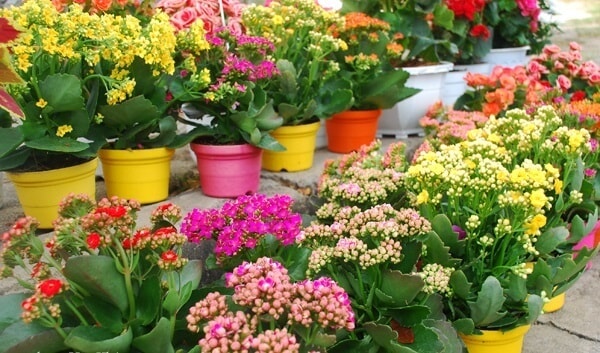 |
Young shoots and leaves of the plant are used as an antidote, to treat burns, to treat wounds, to treat red, swollen, painful eyes, to treat boils and to stop bleeding. Due to its antibacterial properties, the plant is also used to treat some intestinal diseases and other infections such as stomach ulcers, enteritis, internal hemorrhoids, and bloody stools.
In India, the leaves of this plant are used to treat burns, wounds, boils and insect bites. In China, the whole plant is used to treat abscesses, mastitis, danshen, external bleeding, falls, injuries, fractures, burns and otitis media.
Rose
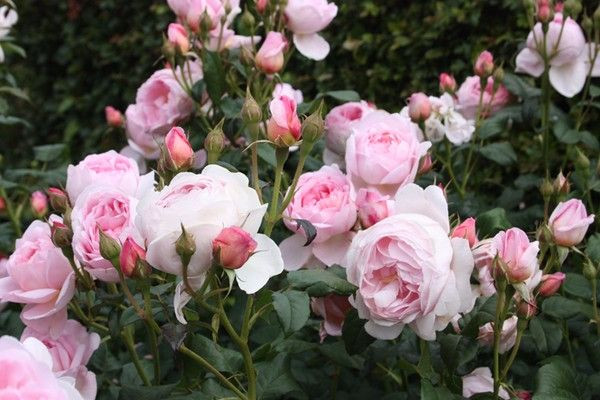 |
Roses have a sweet taste and warm properties, which help to promote blood circulation, regulate menstruation, reduce inflammation and swelling. Rose powder also helps to stop bleeding, treat uterine bleeding and loose stools (be careful in cases of digestive problems, do not use for pregnant women).
Rose roots help treat injuries from falls, leucorrhea, and spermatorrhea; fresh flowers and leaves can also be used as external applications. Leaves are also used to treat tuberculosis. Persimmon leaves and fruits treat rheumatism, boils, bedwetting, hematuria, and numbness. Flower buds treat painful menstruation, weak circulation, and stomach pain.
Magnolia
This flower has other names such as yellow magnolia, yellow porcelain flower or yellow orchid, scientific name is Michelia champaca L. The flower contains essential oil which is as valuable as rose essential oil. The leaves also contain essential oil. The bark contains a slightly toxic alkaloid.
The roots and fruits are bitter and cool, and have the effect of dispelling wind and dampness, benefiting the throat, strengthening the stomach and relieving pain. The dried roots and root bark have a laxative and menstrual regulating effect. The bark has the effect of cooling, stimulating, eliminating phlegm, and astringent. The flowers and fruits have the effect of invigorating, calming the nerves, dispelling wind, strengthening the stomach, and promoting urination. The leaves have the effect of detoxifying.
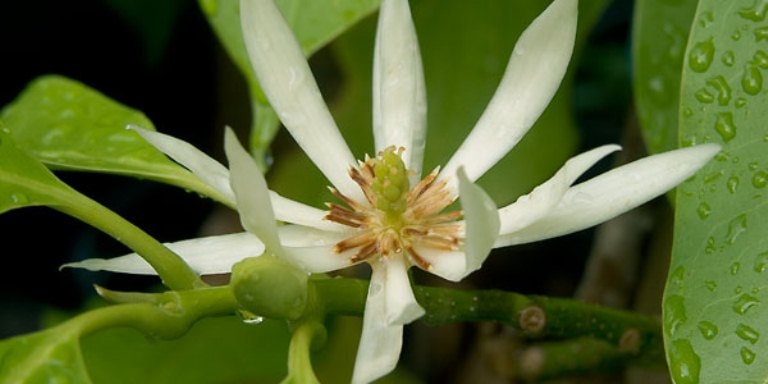 |
Magnolia bark is used as a medicine to treat fever, cough, regulate menstruation, and can be used as a medicine to treat malaria every other day. The dried root and fresh root bark are used as a medicine to drink to regulate menstruation and can be boiled and mixed with curd to treat abscesses.
The flowers and fruits are used to treat flatulence, nausea and fever and are diuretic. The seeds and fruits are used to treat cracked feet, and the seeds are also used as an anti-worm medicine. The leaves are used as a medicine for sore throats. The essential oil is used as a perfume and as a poultice to treat headaches, conjunctivitis and gout.
Peony
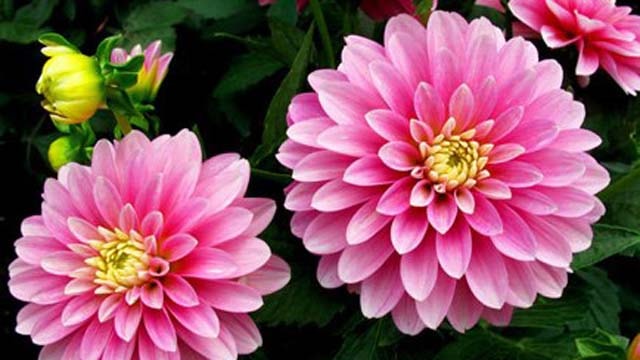 |
This plant is also called Dahlia pinnata Cav. The root of the plant is bitter and cool, has anti-inflammatory and pain-relieving properties, so it is used as an anti-inflammatory and pain-relieving medicine. In China, people use the root to treat toothache, parotitis, and toxic edema.
Application form
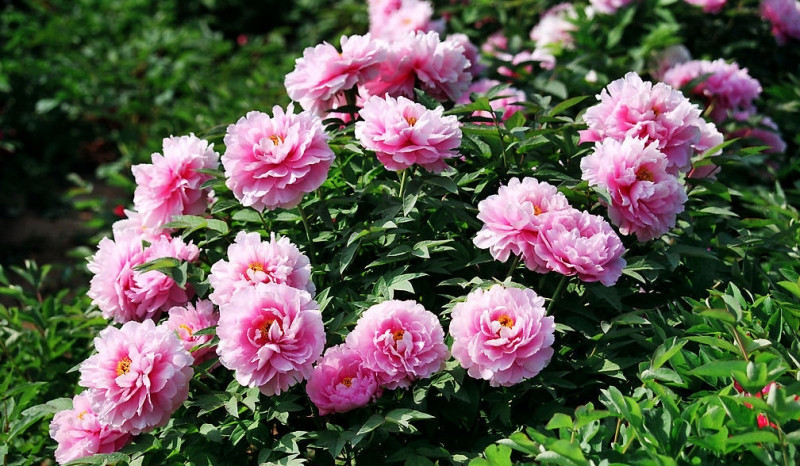 |
Peony is also known as white peony, and its scientific name is Paeonia suffruticosa Andr. The bark and roots of the tree are bitter, spicy, cold, and have the effect of clearing heat, cooling blood, activating blood circulation, and eliminating blood stasis.
The bark is used as a medicine for headaches, joint pain, hemoptysis, hematemesis, hematuria, amenorrhea, dysmenorrhea, boils, ulcers and injuries from falls. The bark is peony bark, diuretic, blood tonic, antibiotic, anti-inflammatory, central nervous system depressant, analgesic, anti-epileptic, antipyretic; contains acetophenone which inhibits the aggregation of cell membranes, so it is anti-inflammatory and antipyretic.
Wildflowers
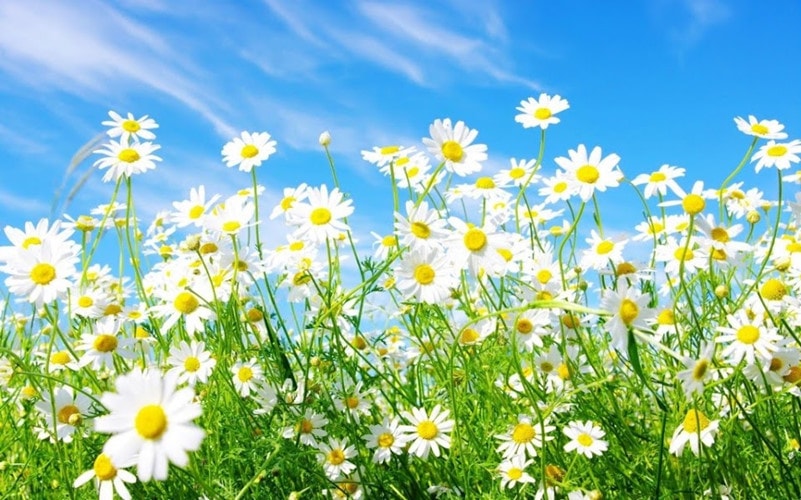 |
Echinacea has antiviral and antibacterial properties, making it especially good for relieving allergies, treating wounds, burns and ulcers. Echinacea requires full sun and well-drained soil.
ivy
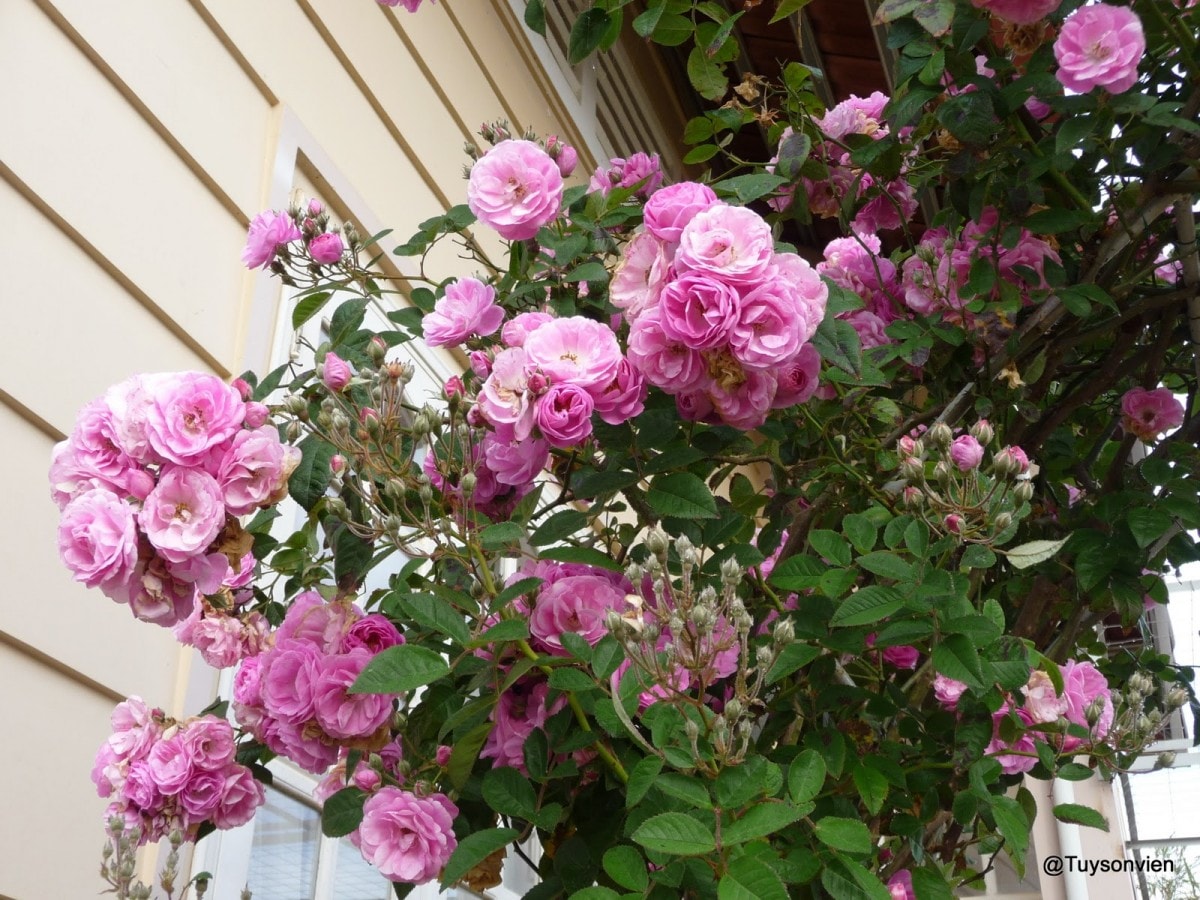 |
This flower also has other names such as Hong Choat, Hong Roi, scientific name is Rosa cymosa Tratt. The fruit is used to treat coughs. The roots and young leaves are used to treat rheumatism, traumatic injuries, irregular menstruation, uterine prolapse, hemorrhoids, hernias, toxic ulcers and external bleeding, the roots regulate menstruation, lower blood lipids. Rosehips are also used to treat excessive menstruation, spermatorrhea, traumatic injuries, mouth ulcers and toothache, and to restore black hair.
Sophora japonica
This plant is also called Sophora japonica, Sophora japonica L. Sophora japonica flowers are yellow, slightly bitter, 0.5-0.8 cm long, 0.2-0.3 cm wide, yellow-brown petals, yellow-gray sepals.
The flower buds have been dried or lightly dried to be used as a medicinal herb with the scientific name Flos Styphnolobii japonici imaturi. Sophora japonica buds have a slightly bitter taste, aromatic smell, and neutral properties; Sophora japonica fruit has a bitter taste, cool properties, both have the effect of reducing heat, cooling blood, stopping bleeding, brightening eyes, and nourishing the brain. Nowadays, people also know the effects of reducing capillary permeability, resisting radiation, and lowering blood pressure.
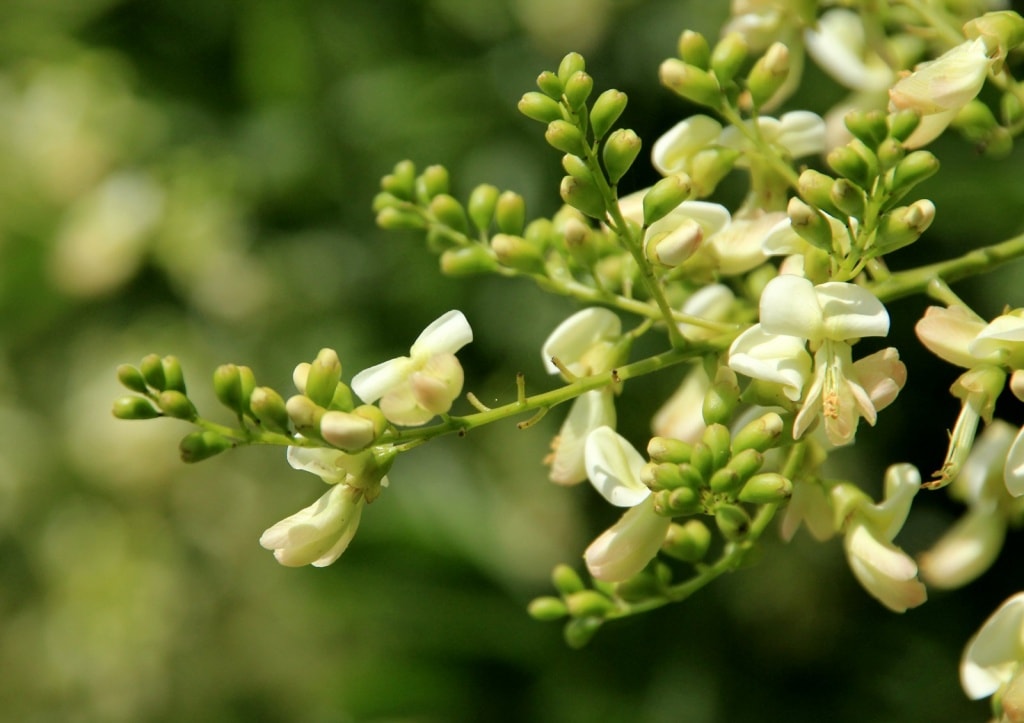 |
In addition, Sophora japonica flower has the effect of increasing blood volume, enhancing resistance, reducing capillary permeability, restoring damaged capillary permeability. In addition, it has anti-inflammatory effects, protects the body against radiation, lowers blood pressure, lowers blood cholesterol, stops bleeding, prevents platelet aggregation, quercetin dilates coronary vessels, improves heart circulation.
According to modern medicine, pagoda tree buds and rutin are used as hemostatic drugs in cases of bleeding, to prevent strokes due to atherosclerosis, capillary damage, subcutaneous hemorrhage, hemorrhage related to atherosclerosis, retinal hemorrhage, and hypertension.
According to traditional medicine, Sophora japonica treats bloody stools (bloody stools due to wind-heat accumulation), hematuria, hematuria, gonorrhea, bleeding hemorrhoids, nosebleeds, vomiting blood, and high blood pressure.

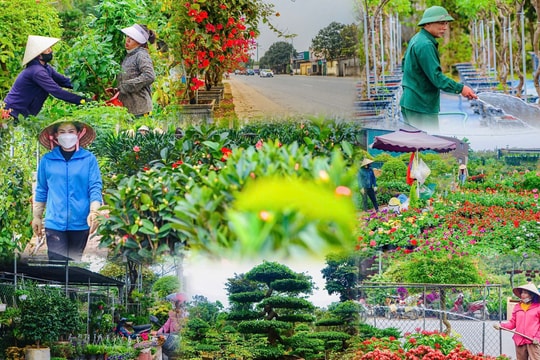

.jpg)


.jpg)

